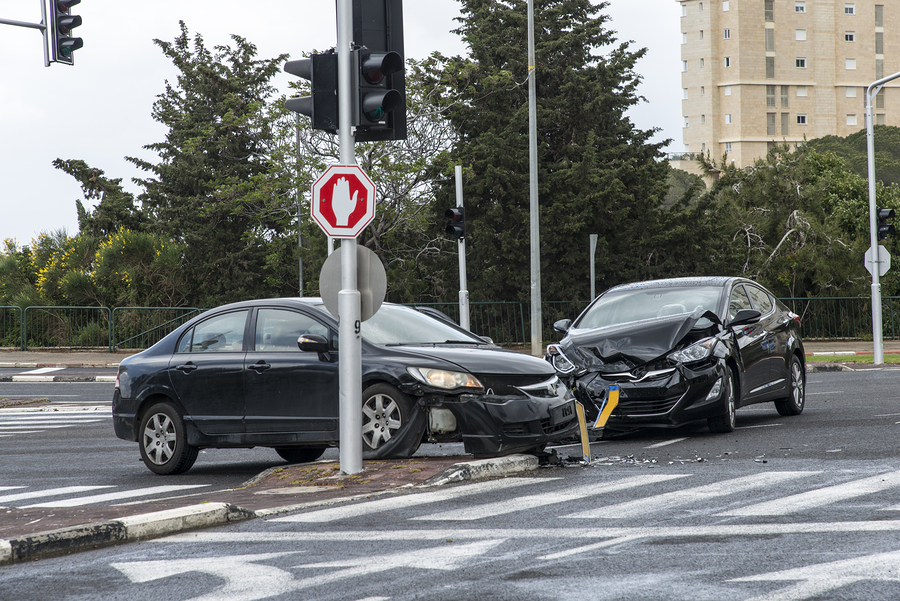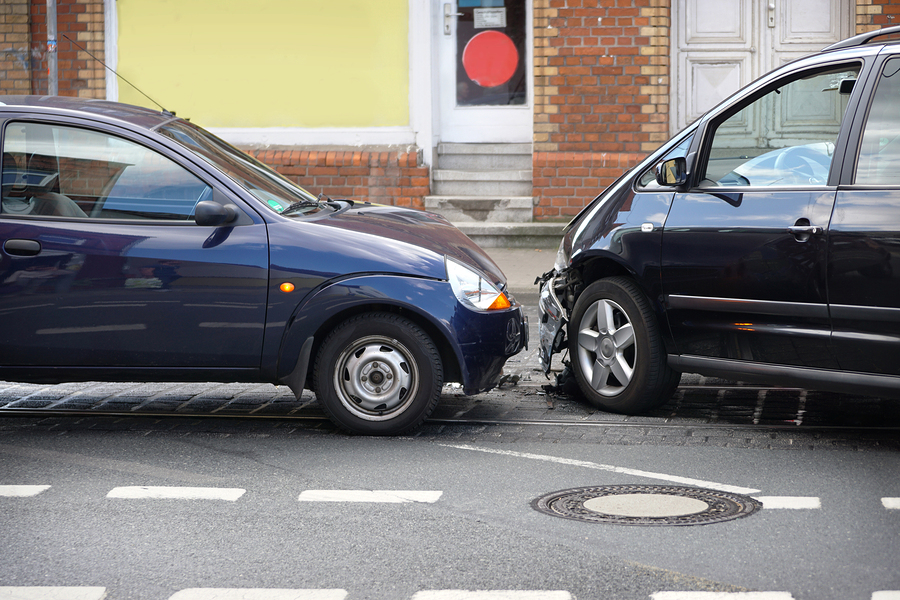In Virginia, a car accident happens every five minutes. There are over 55,000 miles of state-maintained roads and highways, and we rank as one of the largest systems in the country. All of those miles increase the potential for traffic incidents and accidents.
If you have a car accident, you may have to deal with law enforcement and insurance companies. A personal injury attorney knows how to navigate all these confusing situations and laws. If you already had a car accident and need legal advice or are unsure what to do next, contact a personal injury attorney today to discuss your options.
With such a high potential for traffic altercations, you need to be as prepared as possible. Car accidents can make people feel afraid and confused, even if they are just fender-benders. Despite those initial feelings of shock or disorientation, it is important to try to remember these basic actions to take after a car accident.
1. Check if You Have Injuries
Although our instincts may be to render aid to passengers or others involved in the accident, it is important that if you are involved in a car accident, you check yourself for injuries first.
Recall the safety instructions when flying on an airline. If oxygen masks eject due to in-flight emergencies, the recommendation is always the same: put your mask on first before helping other people with theirs. Think about car accidents in the same way, and check yourself for injuries before trying to exit the vehicle or assist passengers.
If you do have injuries or feel pain, try to remain calm.
2. Check Passengers For Injuries
Now that you checked on your own safety and wellbeing, it is time to check on other vehicle occupants. Whether you are the driver or a passenger, it is important to assess other people’s well-being.
Ask basic questions, like how people feel and if they feel any pain. Should any occupants not be able to answer for any reason, they need emergency services right away. Once you determine if you, your passengers, or the driver are okay, it is time to check on the occupants in the other vehicle.
Knowing how many, if any, people are injured assists emergency medical teams in having a better idea of the scope of the situation.
3. Move Vehicles to Safe Locations If Possible
Collisions with stopped vehicles are a problem in and of themselves. Help ensure your safety and that of others and move vehicles from the middle of the road if possible.
Do not travel too far, though. Be sure to stay as close to the point of collision or scene of the accident. Doing so helps law enforcement with surveying the scene and putting together their report.
If your vehicle is too damaged to start or move, this is the time to grab any road flares that you may have in your vehicle’s emergency kit. It is important to alert motorists and pedestrians of the danger of the accident scene.
4. Contact Emergency Services
If you can, dial 911. If you are unable to move but can still speak, ask a bystander or passenger to call 911 for you.
Calling for emergency services works twofold. First, you help make sure that health and well-being get taken care of and recorded. Then, you also make sure that law enforcement can access the situation.
Generally speaking, smaller fender benders with limited damage and no injuries may not require a police report or an officer at the scene. But when we are in the adrenaline-pumping moment, we can't always assess the scene or any damages. That is why you should call 911 either way.
5. Be Patient and Try to Remain Calm
Next, take deep breaths and remain focused and calm. While you wait in or near your vehicle, survey any outside details. Gathering information helps law enforcement and your insurance company when you report the accident.
Some people may also take this time to phone their insurance company to inform them of the accident. Many insurance providers will let you start a claim with basic information and then call again later to fill in any missing blanks.
You may also want to use this time to contact an attorney. It is never too early to consider legal representation.
Of course, if you or passengers are injured, stay focused on that issue and do not worry about calling your insurance company or representation.
6. Gather Information About the Scene and Others
In our technology-driven age, some insurance companies may ask you to submit photos or details. Do not rely on law enforcement to take care of everything for you. Advocate for yourself and take photos of your vehicle and any damages. Also, take pictures of the other vehicle for insurance purposes.
If there was damage to buildings or any signs in the collision, photograph and document those details as well.
Speak with the driver of any other vehicles involved in the crash. Exchange insurance information and contact information. Many people will opt to take a picture of the other party’s insurance card using their cell phone.
Getting their driver’s license information helps as well. If the other party allows, take a picture of their ID for easy reference. While police reports may document some of this information, it is important to advocate for yourself first and not rely on those documents.
7. Contact Your Insurance Company or Attorney

If you called your insurance company earlier, call them back to fill in the missing information. If you have not spoken with anyone yet, do so as soon after the accident as possible. Contact your insurance should anyone have sustained an injury.
Failure to properly document injury after a crash can cause issues with medical bills and treatment later. Some insurance companies follow up several days following a crash to check that there have not been any other injuries or physical issues related to the accident.
It can also be helpful to contact a personal injury attorney as soon after a crash as possible. If you are unsure what legal advice you need, an attorney can help.


